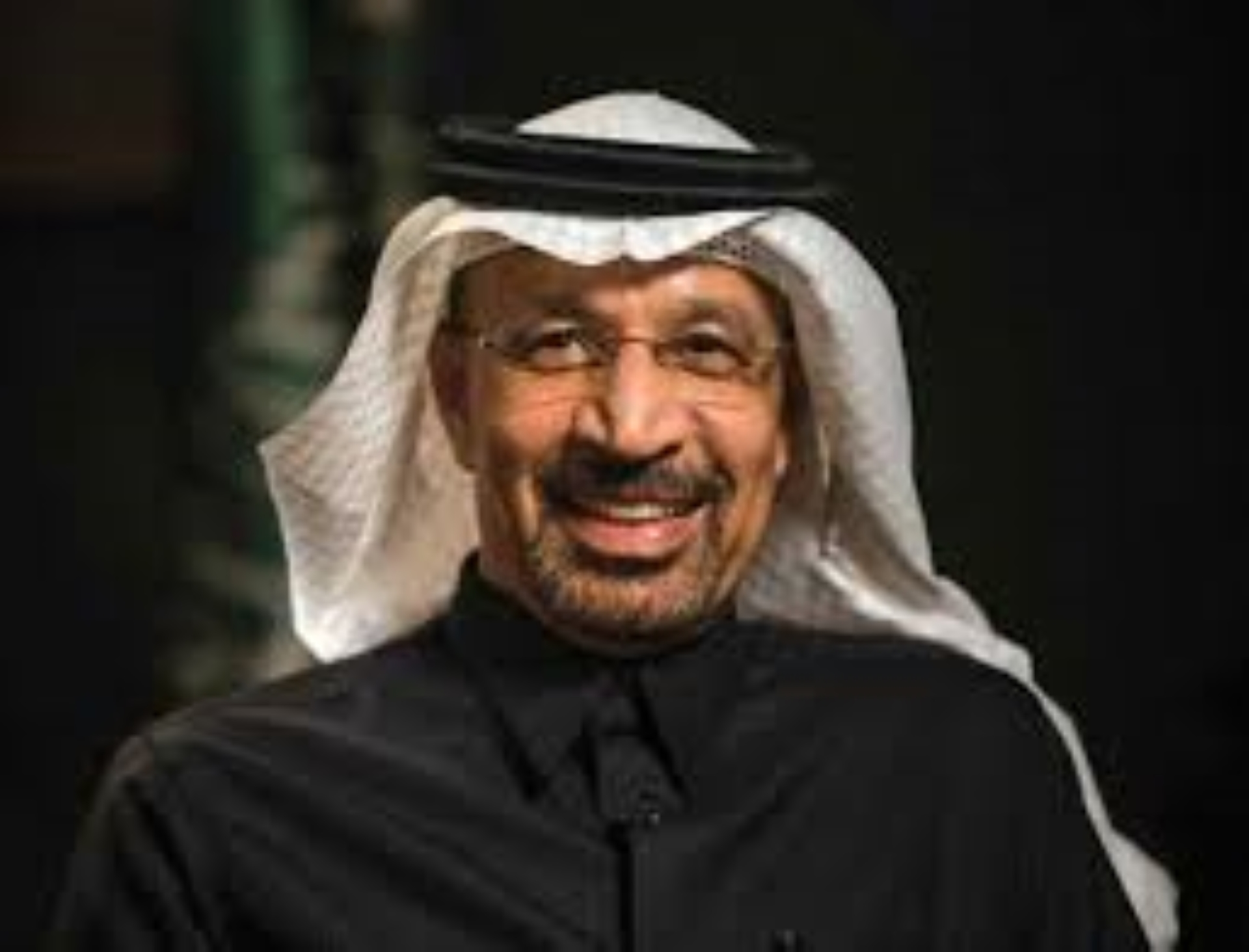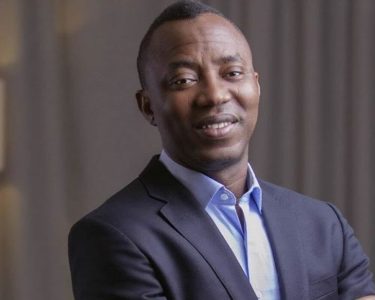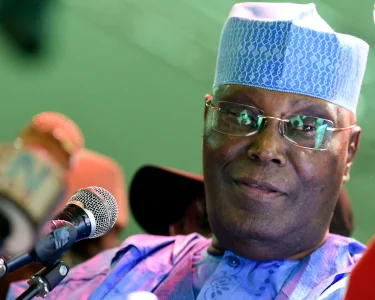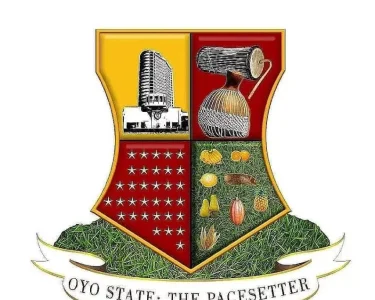Khalid al-Falih, the Saudi Minister of Potential, responded to criticism of the nation’s economic diversification strategy while highlighting Riyadh’s “green-shoring” potential opportunities in an attempt to attract international investment.
At the Ambrosetti Forum in Cernobbio, Italy, on Saturday, al-Falih told CNBC’s Steve Sedgwick, “There were a lot of people who doubted the vision, the ambition, how broad, deep, and comprehensive it is, and whether the development of a country like KSA, which is so dependent on a commodity business like oil, would be able to do what we are aspiring to do with Vision 2030.”
Saudi Arabia, one of the biggest economies in the Middle East and a significant ally of the United States in the area, has been increasing investments to try and bring Crown Prince Mohammed bin Salman’s Vision 2030 economic diversification program—which includes the Neom industrial complex—to life.
With this program, Riyadh hopes to move away from its historical reliance on oil revenues, which the International Monetary Fund now projects will rise until 2026 before beginning to decline. It also hopes to attract financial flows exceeding $3 trillion into the domestic economy and encourage $100 billion in foreign domestic investment annually by 2030.
After eight years of bringing Vision 2030 to life, the Saudi minister declared on Saturday that the kingdom is now “more devoted, more determined” to the program and that 87% of its aims have either been achieved or are on the verge of being completed. Plan detractors have long questioned if Riyadh can accomplish its objectives by the deadline.
The kingdom has been working to reform its labor and investment laws in an effort to open up the market and improve the business environment. However, in the process, it has created unpopular requirements that require businesses to establish their regional headquarters in Saudi Arabia in order to be eligible for government contracts.
The IMF reported that Saudi Arabia had almost doubled the number of foreign investment licenses granted in 2023 and that the country’s net flows of foreign direct investment had increased by 5.6% year over year in the first quarter, according to official figures.
However, worries about the legal system’s propensity for ambiguity and unpredictability as well as its dispute resolution procedure for foreign investment have persisted. Saudi Arabia, according to Al-Falih, is a country that values stability in its internal politics and economy as well as predictability.
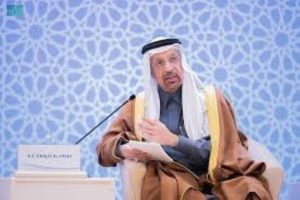
“Green shoring”
The Saudi minister for investments stated that one of the features of Riyadh’s pitch to international investors is the “green shoring” project, which was developed in Saudi Arabia and aims to decarbonize supply chains in regions with renewable energy resources.
“Green shoring means that more high-energy processing [and] manufacturing value add should be done in areas where the energy and materials are located,” explained al-Falih. Saudi Arabia possesses the infrastructure, capital, and logistics to make this happen.
The greatest oil exporter in the world wants to reach net-zero emissions by 2060 under Vision 2030. Riyadh has had a prominent presence at climate conferences alongside its neighbor, the United Arab Emirates, which organized the annual U.N. Conference of the Parties in 2023. However, Riyadh’s commitment to decarbonization has raised doubts.
Riyadh and other members of the Organization of the Petroleum Exporting Countries oil cartel have repeatedly called for the simultaneous use of hydrocarbons and renewable resources in order to minimize energy shortages during the global transformation to net-zero emissions.
Saudi Arabia has come under fire from some climate activists for using the advancement of technologies such as carbon capture and storage (CCS) as a pretext to continue expanding its profitable oil industry.
“Building a new global economy that is certainly moving more electric, as we bring the copper, as we bring the lithium, the cobalt, the other critical materials, rare earth metals, as we address semiconductor shortages, green fertilizers, green chemicals,” is Saudi Arabia’s goal in “green shoring,” according to al-Falih.


